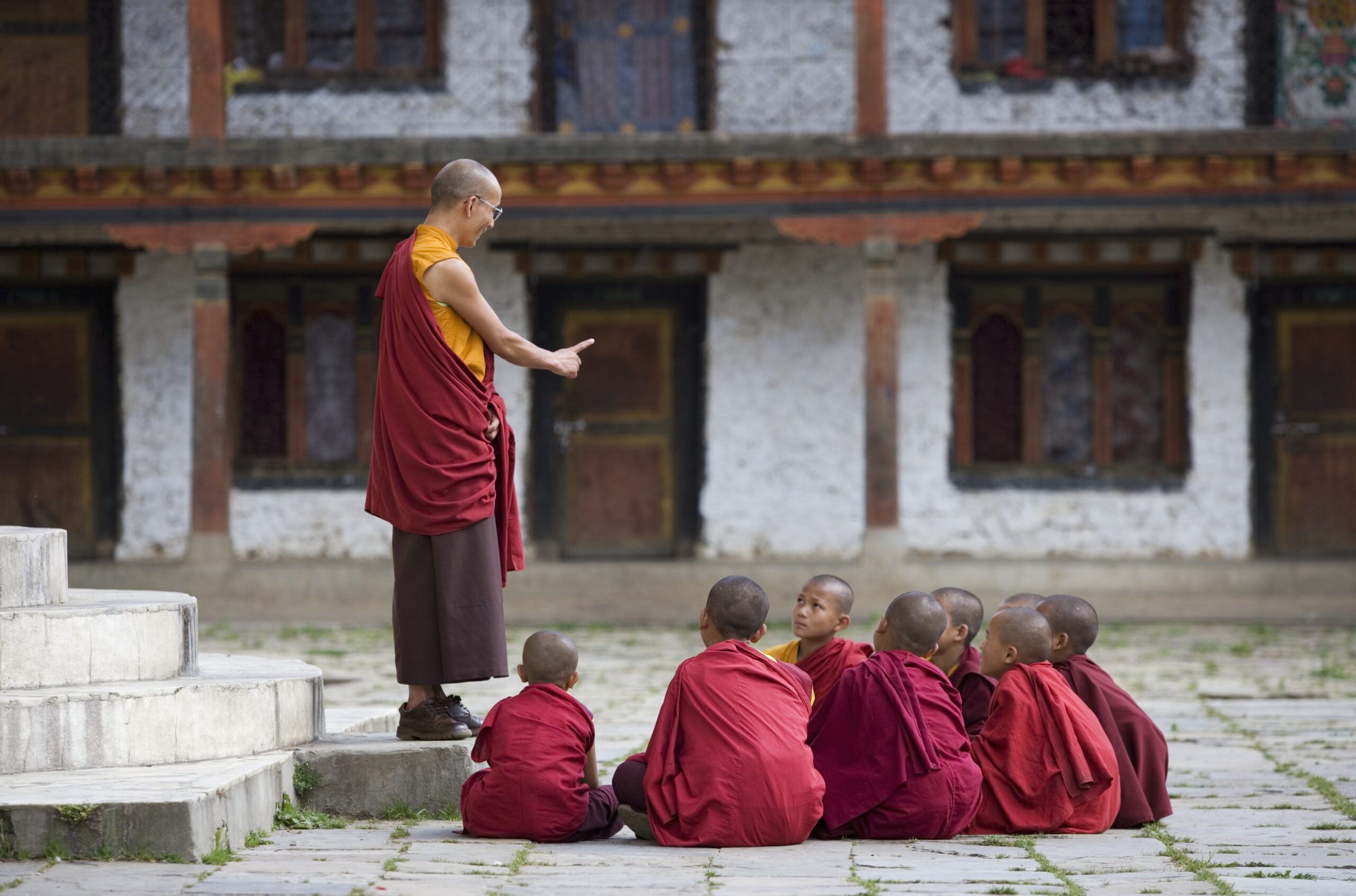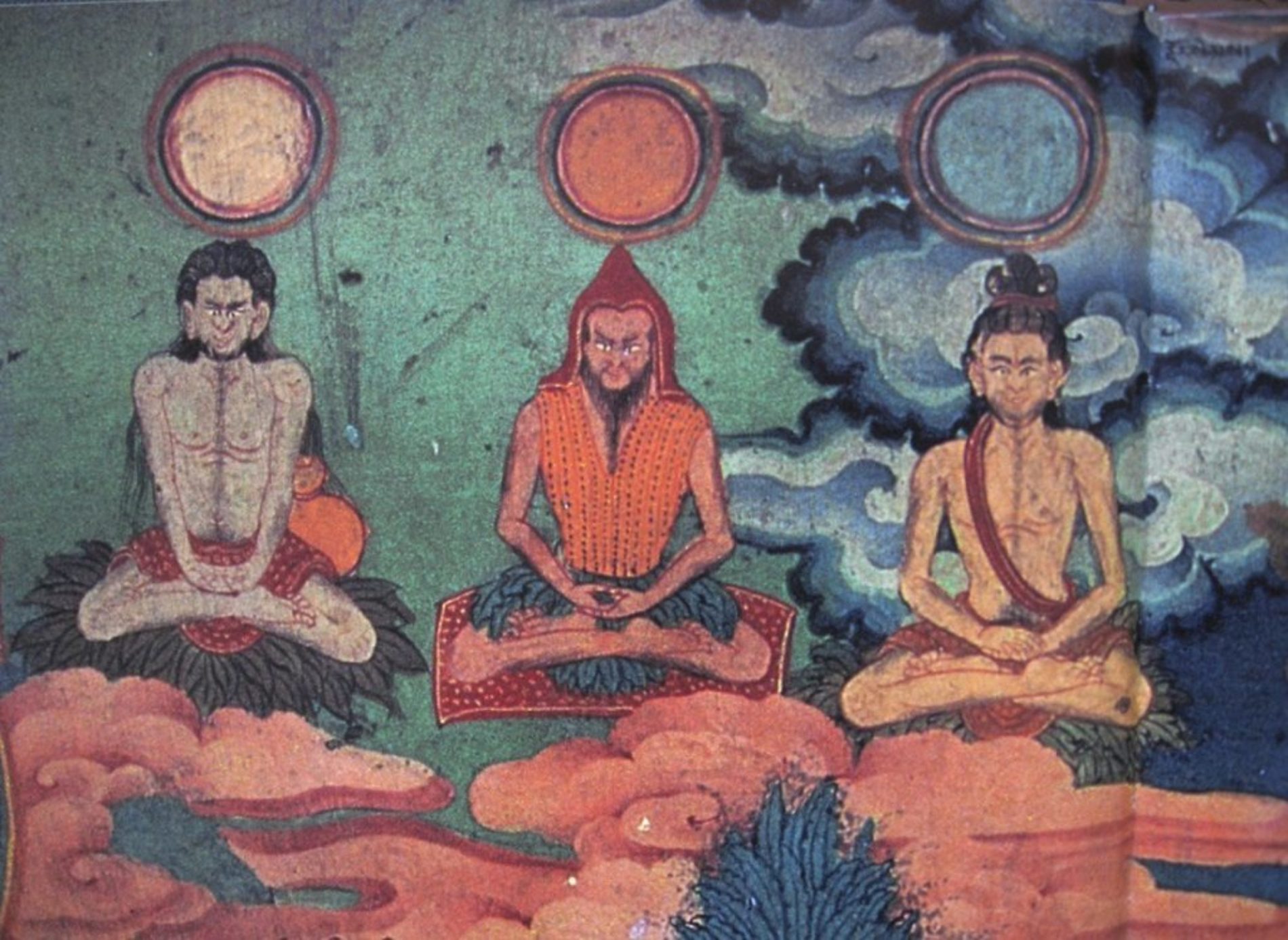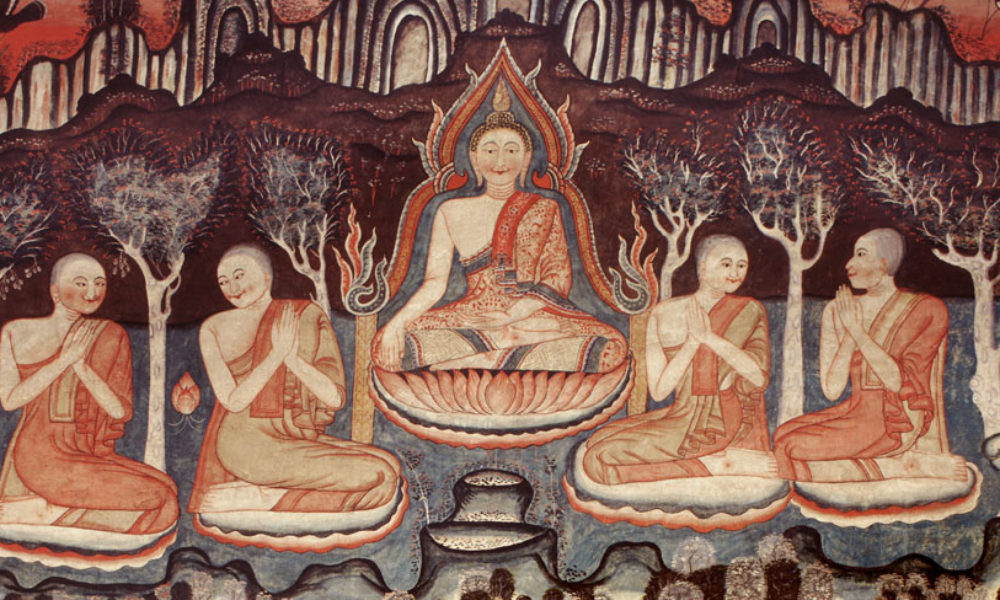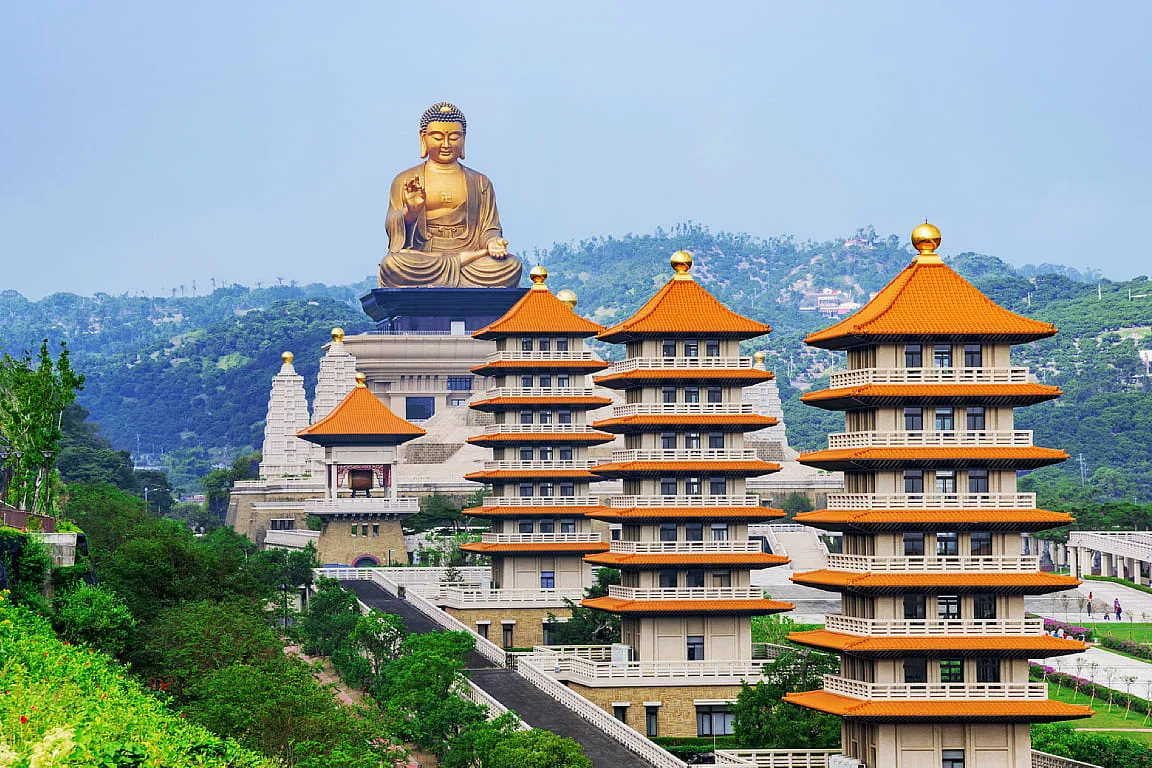“If with kindly generosity
One merely has the wish to soothe
The aching heads of other beings,
Such merit knows no bounds.”The Way of the Bodhisattva: Shantideva
Six perfection of Bodhisattva
The six perfections are (1) generosity, (2) morality, (3) patience, (4) vigor/diligence, (5) concentration, and (6) wisdom. This list was expanded to complement the ten stages (bhūmi) traversed by a bodhisattva in the course leading to full buddhahood.
Who is Bodhisattva?
In Mahayana Buddhism, the bodhisattva represents the pinnacle of spiritual aspiration, embodying not a deity but a state of existence achievable by all. This exalted being takes a vow to prioritize the welfare of others over oneself, embracing a path of compassion and selflessness that might even involve delaying one’s own enlightenment until every sentient being has realized this ultimate state of awakening. At the heart of this journey is Buddhahood, a profound enlightenment that reveals the true nature and potential of life itself, illuminating a path of boundless compassion and wisdom for the benefit of all beings.
What is generosity in Buddhism?
In the rich tapestry of Buddhist teachings, generosity, or Dana paramita, is presented as a fundamental virtue, embodying the profound willingness to provide for others whatever they may require—be it time, possessions, or skills. This form of giving is characterized by a joyful and regretless spirit, motivated not by the expectation of reward but by a deep-seated compassion and goodwill towards others’ well-being.
Generosity, as articulated within Buddhism, goes beyond mere charitable acts; it is a practice motivated by compassion, forming a core component of Bodhicitta, the enlightened mind that seeks awakening for the benefit of all beings. Tsongkhapa, in his Great Treatise on the Stages of the Path, describes generosity as the mental inclination to not only share material resources but also to offer protection and impart teachings of the Dharma to others. This perspective highlights generosity as an integral expression of the path towards enlightenment, fueled by the wisdom that recognizes the virtues of giving and the faults of stinginess.
The Practice of Generosity
As practitioners embark on the journey of generosity, they are encouraged to embrace every impulse to give over a twenty-four-hour period, whether it be in the form of financial aid, time, supportive words, or even a simple smile. This practice underscores the idea that the value of a gift lies not in its material worth but in the intention and attitude of the giver.
The Buddha’s teachings further elucidate that the act of giving should be imbued with respect, happiness, and joy, and that the true measure of generosity’s success is the joy it brings both to the giver and the recipient. Such an approach to giving invites a careful reflection on one’s motivations, urging a reconsideration of the act of giving if it fails to produce happiness. Through the lens of Buddhism, generosity is seen as a practice of relinquishment, a method through which practitioners lessen their attachment to material possessions and personal sentiments, prioritizing the well-being of others above their own.
This practice of generosity, therefore, not only aids those in need but also serves as a crucial step in the practitioner’s own path towards enlightenment, facilitating a deeper understanding and embodiment of the principles of letting go and selfless compassion.




